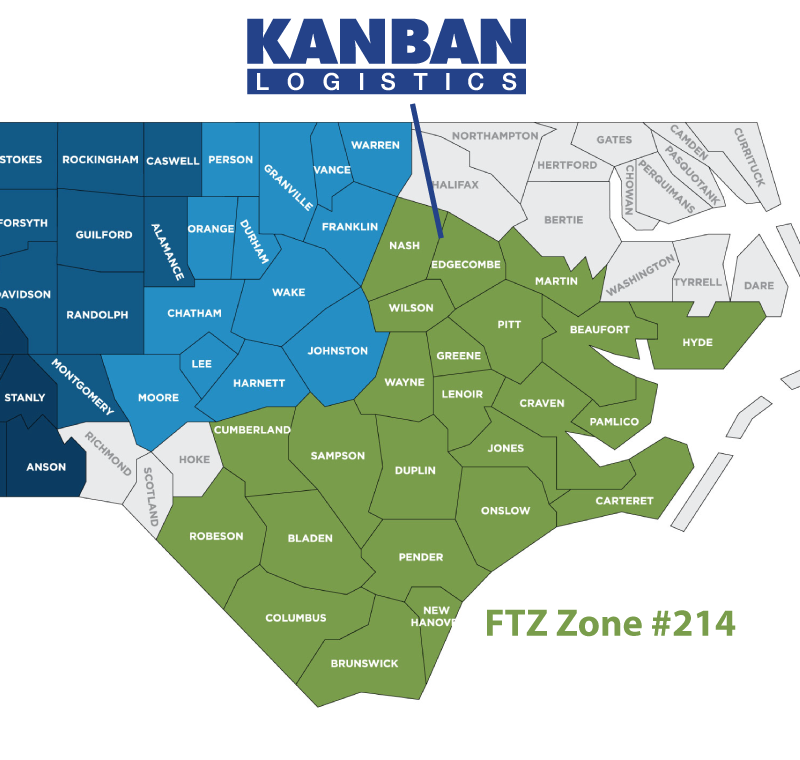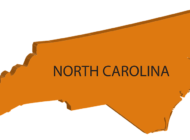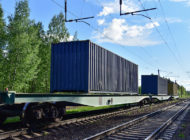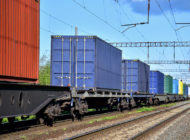 In September, the Foreign Trade Zone (FTZ) Board paved the way for shippers using Eastern North Carolina FTZs to get approved and on-boarded faster.
In September, the Foreign Trade Zone (FTZ) Board paved the way for shippers using Eastern North Carolina FTZs to get approved and on-boarded faster.
Also referred to as “free trade zones,” FTZs are neutral secured areas that for legal purposes are considered outside of U.S. Customs territory. FTZs offer several economic advantages for businesses involved in international trade. To learn more, check out Saving Money With a North Carolina FTZ.
According to the Economic Development Partnership of North Carolina, there are four general purpose North Carolina FTZs and seven active sub-zones approved for use by individual companies. Kanban Logistics can provide FTZ services from a warehouse within FTZ Zone 214.
What is an Alternative Site Framework (ASF)?
Alternative Site Framework (ASF) FTZs provide Foreign-Trade Zone Grantees with greater flexibility to meet specific requests for zone status by utilizing what is known as the “minor boundary modification process,” according to FTZ Corp.
The theory of the ASF is that, by more closely linking the amount of FTZ designated space to the amount of space activated with Customs and Border Protection, zone users would have better and quicker access to benefits.
By reorganizing and expanding FTZ 214 under the Alternative Site Framework (ASF), the board is now allowing companies to use the ASF in the following counties/regions:
Pender, New Hanover, Brunswick, Duplin, Columbus, Bladen, Robeson, Beaufort, Pitt, Hyde, Onslow, Jones, Craven, Pamlico, Lenoir, Carteret, Wilson, Edgecombe, Nash, Wayne, Greene, Cumberland, and within and adjacent to the Wilmington, Morehead City, and Raleigh-Durham Customs and Border Protection ports of entry
Administered by the North Carolina Department of Transportation (NC DOT), FTZ Zone #214 is located in Southeastern North Carolina and offers individuals and businesses in 22 counties the opportunity to import foreign goods into a duty-free zone.
Sebastian Montagne, strategic planner for North Carolina DOT, says companies using North Carolina FTZ #214 gain the benefit of faster on-boarding—a process that used to be measured in months. Thanks to the recent ASF approval, he adds that process can now be whittled down to weeks.
“It reduces the amount of time companies have to wait to go through the process of getting accepted into the FTZ program, which requires a lot of time and investment to set up,” says Montagne. “That’s a huge benefit that opens the door for firms that couldn’t wait six months to see if they could become designated (or not).”
Advantages of Using Foreign Trade Zones
Companies that use FTZs typically benefit from:
- Improved cash flow. Legally, the Government considers an FTZ warehouse outside U.S. Customs territory. Customs duty and excise taxes are due only at the time of transfer from the FTZ.
- Speedier customs clearance. A summary entry and single processing fee is allowed once per week, reducing fees and paperwork.
- Ability to change/alter products quickly. Sort, clean, repair, assemble, manufacture, exhibit, sell, repack, and mix products with foreign and domestic goods. All are allowed within the FTZ.
Kanban operates the only activated, general purpose foreign trade zone (FTZ) in Eastern North Carolina.
Our North Carolina Foreign Trade Zone is located within the Kingsboro Industrial Park in Rocky Mount and within minutes of I-95 and I-40 for easy access to and from the zone. This warehouse offers 175,000 square feet of modern storage space with climate controlled storage space, rail siding, and a full service transload yard.
Learn more about Kanban’s FTZ warehouse services.



